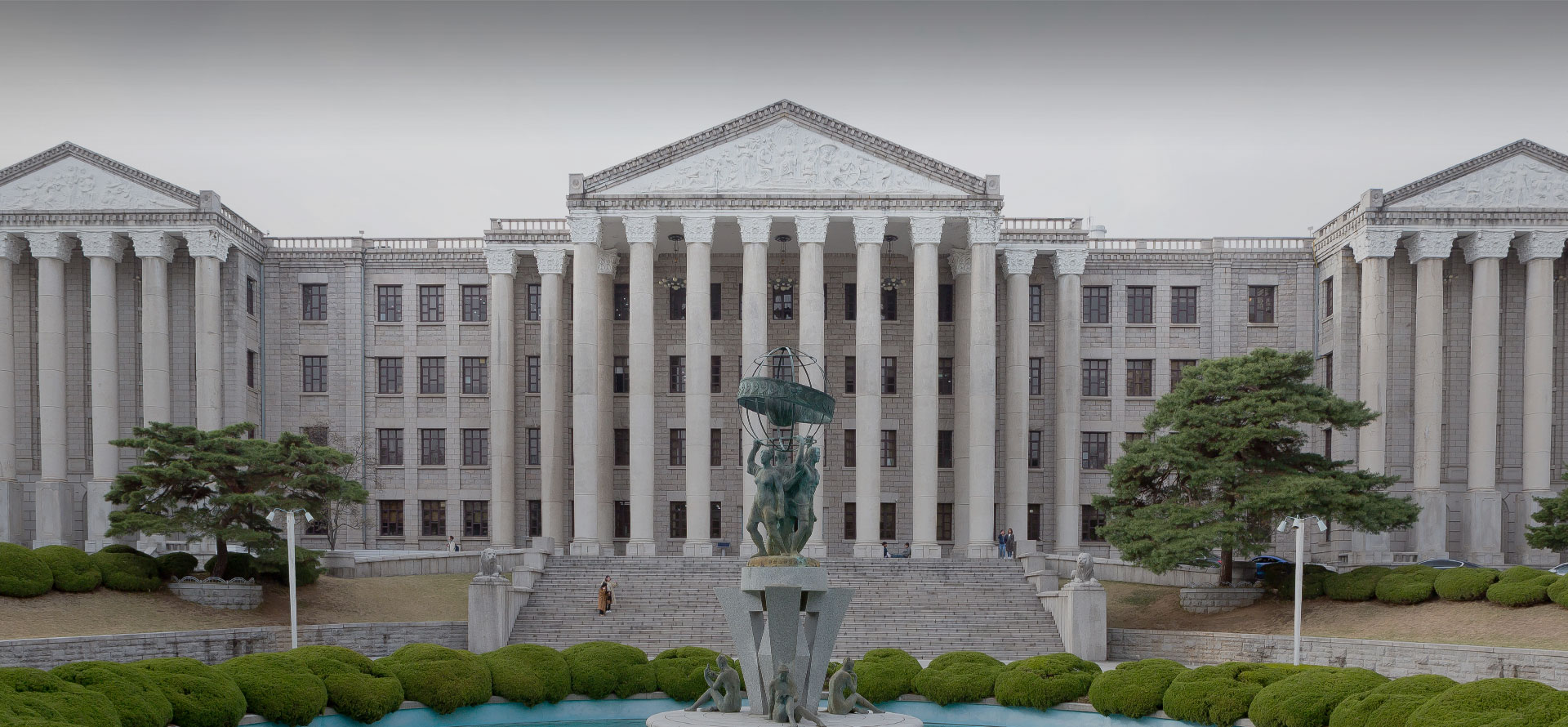- 바로가기 메뉴
- 주메뉴 바로가기
컨텐츠
메인 비주얼
메인 노티스
더보기
-
김동연 교수님 퇴임 기념전 “청출어람 靑出於藍”이번 전시는 경희대학교 김동연 교수님의 퇴임을 앞두고, 지난 20년간 함께 예술의 길을 걸어온 제자들이 뜻을 모아 준비한 헌정의 자리입니다. 오랜 시간 예술과 교육, 창작과 사유를 오가며 한결같은 열정으로 제자들을 이끌어오신 김동연 교수님의 궤적은 한 사람의 예술가로서뿐만 아니라, 스승으로서의 진정성과 헌신이 고스란히 담겨 있습니다. 김동연 교수님은 경희대학교 미술대학 재학 시절, 바우하우스의 사상과 조형 철학에 깊은 매력을 느끼며 예술과 건축의 융합 가능성에 눈을 떴습니다. 그 관심은 1988년 독일 뒤셀도르프 쿤스트아카데미(Kunstakademie Düsseldorf) 유학으로 이어졌고, 그곳에서 신표현주의의 대표 작가 A.R. 펭크(Penck)의 제자가 되어 3년간 예술적 수련을 이어갔습니다. 펭크의 지도 아래, 김동연 교수님은 예술적 자유와 자율성을 중시하는 교육 철학을 체득하며, 점차 건축적 공간과 조형 오브제를 결합한 독자적인 작업 세계를 구축해 나갔습니다. 마이스터 과정을 수료한 후 1994년 경희대학교에서 시간강사로 첫 강단에 섰으며, 이듬해 삼성출판사 장학금을 받아 다시 독일로 돌아가 활발한 창작 활동을 이어갔습니다. 2005년 9월, 경희대학교 교수로 정식 부임한 이후로는 독일과 한국을 오가며 작업과 교육을 병행하며 수많은 후학을 길러냈습니다. 김동연 교수님은 특히 독일에서의 활동이 두드러졌습니다. 쿤스트할레 다름슈타트(Kunsthalle Darmstadt), 쿤스트페어라인 하팅엔(Kunstverein Hattingen), 뮤지움 고흐(Museum Goch), 베쿰 시립미술관, 겔셴키르헨 시립미술관 등 유수의 미술관과 갤러리에서 개인전을 개최하며 국제적인 주목을 받았습니다. 국내에서도 토탈미술관, 부산비엔날레 등 주요 전시에 참여하며 꾸준히 활동해 왔습니다. 이번 전시는 그가 걸어온 40여 년의 예술 여정과, 그 안에서 맺어진 깊은 사제의 정을 되새기는 자리입니다. 오랜 시간 묵묵히 예술을 실천해온 김동연 교수님의 발자취와, 그에게 배움을 받은 제자들의 진심 어린 헌정이 어우러져, 이 시대 예술가와 교육자의 모범을 되새겨보는 뜻깊은 기회가 될 것입니다. 회화전공 학과장 정환욱2025.09.04
-
2025년도 첫걸음전 전시소식2025년도 <첫걸음 展> 일시: 6/9(월)-6/15(일) 장소: KUMA 미술관 오프닝: 6/9(월) 17:00시 * 전시 전경2025.06.10
-
2025 최덕휴전 전시 소식[* "최덕휴 展 풍경, 영원한 품" 전시 포함 미술관 1층~4층 전시 별도의 관람료 없음 / 관람료 무료] * 전 시 명 : "최덕휴 展 풍경, 영원한 품" [경희대학교 미술대학 주관] * 기 간 : 2025.04.12.(토) ~ 2025.05.11.(일) [1개월], AM 10:00 ~ PM 18:00 - 오픈식 : 2025.04.14.(월) PM 16:00 * 장 소 : 경희대학교 미술관 KUMA(1,2층) *오픈식 (04.14.) *전시 전경2025.04.14
-
컨텐츠 게시판경희대학교 미술관 홈페이지는 이러한 학문 간 융합 동향을 반영하여 다양한 생명과학 분야에 대한 창의적 연구능력과 응용능력을 배양한 인재를 양성하는 것을 교육목표로 하고 있습니다.
-
홍보 영상
-

